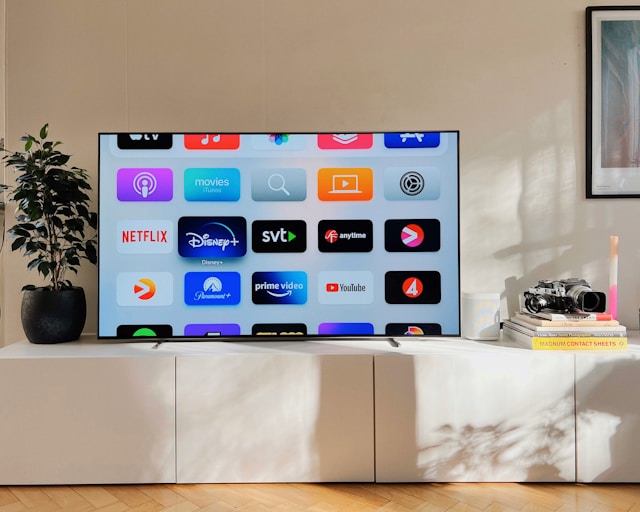Lawrence Montgomery MD Rough Trade discusses how exploring music leaks can undermine music artists and their work.
“Music leaks are a menace to anyone working in the music industry, with recent examples including Jai Paul’s infamous album leak in 2013 and Harry Styles’ award-winning album ‘Harry’s House’ reportedly leaking prematurely last year.
Now, rock band royalty Guns N’Roses have suffered a similar experience, with their new single ‘Perhaps’ leaking via digital jukeboxes across the U.S. last weekend.
So, how can music leaks affect artists? And how can they prevent them from occurring?”
Invaldiates the hard work of artists and their teams
“Teams work tirelessly with artists and invest a huge amount of time, effort, and resources into creating a cohesive and impactful album, with some albums taking anywhere from several months to a few years to complete. A leak is extremely disruptive to the production timeline and the album’s overall success.
Additionally, artists and labels plan their releases very carefully in conjunction with promotional activity to maximise its impact and success. Leaks can undermine these efforts by potentially reducing excitement around a release that would otherwise be generated by a well-executed plan.
Leaks can also create more work for teams who must act quickly to remove any unofficial music and restructure promotional activity and dates to reduce the impact it may have on the success of the new music.”
Lost charting potential and revenue
“Trending music charts are typically based on data from authorised sources such as streaming platforms, digital stores, and physical sales records, so only verifiable sales, streaming, and download information is considered.
As leaked music is normally accessed via unofficial websites, listening statistics cannot be collected, and therefore cannot reach music charts.
This can reduce enthusiasm and listening numbers for the official release of music, as fans have already listened to it, therefore affecting chart performance.
In turn, this can impact revenue due to lost sales and streams, which artists rely on as their primary source of income and label’s need to see a return on their investment in music production.
Independent record stores may also see a significant loss in revenue as diminished fan anticipation for new music can reduce vinyl and CD sales and pre-orders, which are often depended on to financially survive.”
Impact on an artist’s and label’s reputation
“The premature release of music can have consequences for the reputation of the artist and their label, as tracks that are incomplete or in earlier production stages may be of lower quality, which can paint an inaccurate picture of a musician’s work and impact their public image.
Unfinished music can also be taken out of context, causing misunderstandings about an artist’s intentions and direction of their new music. Without proper promotional activity, this may cause confusion and tension with fans.
Leaks are also often scrutinised by the media who may question how one could have happened, pointing fingers at the record label or even the artist, which could create upset within an artist’s camp and cause fans to question loyalties.
Equally, unofficial releases can jeopardise collaborations and features with fellow artists and may affect future plans and opportunities.”
Leak-prevention methods
“So how can leaks be prevented? Record labels and artists can use a broad range of preventative methods, one of the most common being the use of invisible watermarks.
These can be embedded on audio files or data, so that in the event of a leak, the source can potentially be traced and a label can take appropriate action.
Working with a trusted team is a must for most artists, as this can eliminate the risk of welcoming an opportunist into the production process who may look to leak work.
Artists and labels may also require employees involved in the production of an album to sign a non-disclosure agreement to legally protect themselves from the consequences of a leak.
In recent years, surprise album and single releases have become a popular leak preventative method, as dropping music as a surprise can minimise the risk by preventing hackers from tracking down unreleased music.
Sudden releases can also improve listening numbers and chart performance by whipping fans into a frenzy over the exciting news.”









Comments are closed.